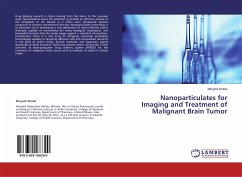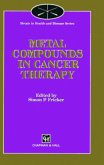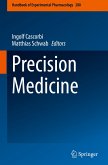Drug delivery research is clearly moving from the micro- to the nanosize scale. Nanomedicine bears the potential to provide an effective answer to the complexity of the disease as it offers more therapeutic options compared to present conventional therapy. Nanoparticulate technology is of particular use in developing a new generation of more effective cancer therapies capable of overcoming the many biological, biophysical, and biomedical barriers that the body stages against a standard intervention. Furthermore, there is a vast array of intriguing nanoscale particulate technologies capable of targeting different cells and extracellular elements in the body to deliver drugs, genetic materials, and diagnostic agents specifically to these locations. Hence,the present article will provide a brief overview of Nanoparticulate Drug Delivery System (NPDDS) for the treatment of malignant brain cancer and to evaluate its safety in clinical usage.
Bitte wählen Sie Ihr Anliegen aus.
Rechnungen
Retourenschein anfordern
Bestellstatus
Storno








